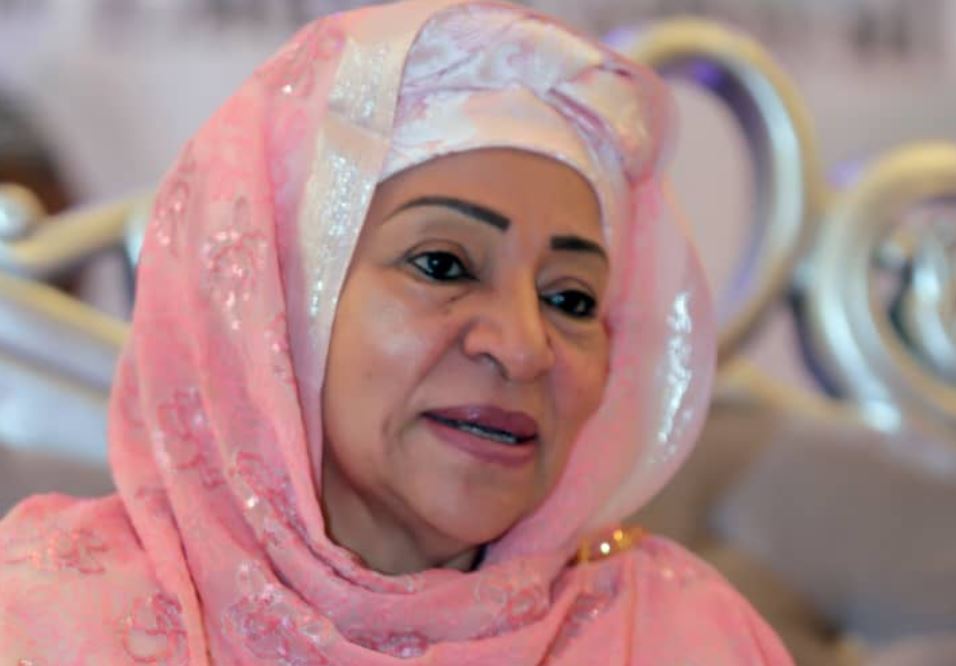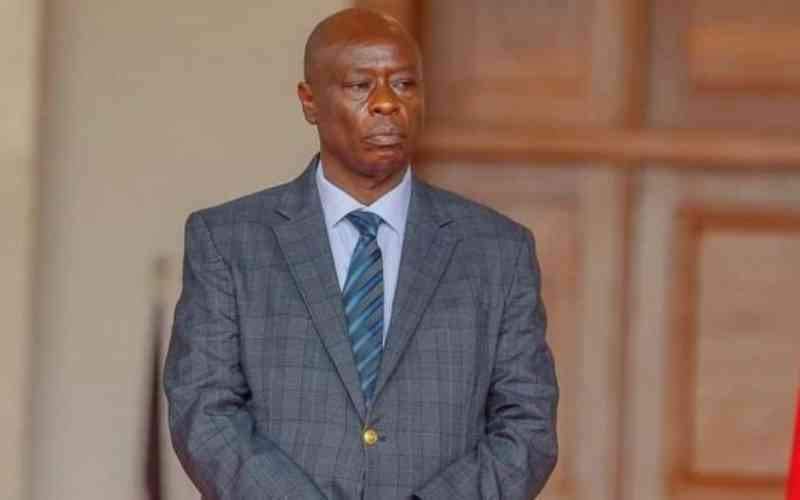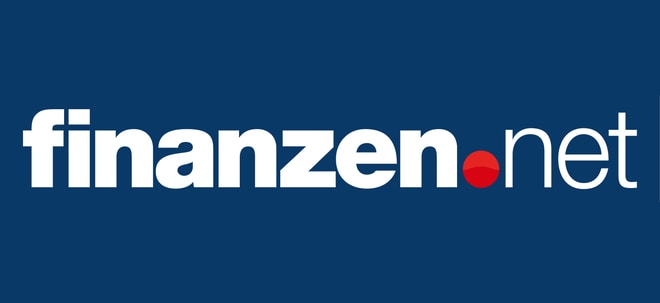South Sudan's oil production resumption and its economic outlook - CNBC Africa
South Sudan's Ministry of Petroleum has announced the resumption of oil production, a critical development for a nation heavily reliant on oil for its economic survival. Oil accounts for over 90% of South Sudan's revenue, making the renewal of production not just a fiscal milestone but a lifeline for a struggling economy that has endured substantial contraction. In an exclusive interview with CNBC Africa, Akol Dok, Managing Partner at Orus Consulting, provided insights into the current situation on the ground and the economic implications of this newfound momentum. "The situation on the ground is stable and calm," remarked Dok, indicating that the environment is conducive to this crucial economic revival. South Sudan's oil production has been in limbo due to a burst pipeline operated by the Dark Petroleum Operating Company, responsible for about 80% of the nation’s crude output. Compounded by the conflicts in Sudan, these challenges had brought the oil industry to a standstill. However, with the repair of the pipeline, oil production is back on track. "The government is anticipating increased revenue to cushion the economic blows experienced over the past months," Dok stated. The World Bank had previously forecasted a bleak economic outlook for South Sudan, projecting a 30% contraction from fiscal year 2024 to 2025, with recovery being contingent on the resumption of oil exports. With production resuming, this forecast could be revised positively, potentially setting the stage for a rebound in 2025-2026. Despite the renewal of oil production and relatively stable oil prices hovering around $64 to $65 a barrel, South Sudan faces the mammoth task of fiscal rehabilitation. Historically, the economy has suffered due to volatile oil prices, exemplified by the sharp declines in 2015 and 2016 when prices fell to about $33 a barrel. "The current prices are not ideal, but they are something the nation must accept," said Dok, stressing the importance of this revenue to cover pressing salary and operational arrears. While the resumption of oil production provides a glimmer of hope, the cyclical nature of oil revenue followed by economic stagnation presents an enduring challenge. "Diversification and sustainability are now front and center in economic strategies," emphasized Dok. To break free from this cycle, the South Sudanese government is focusing on diversifying its economy, particularly looking into mining and agriculture. The Ministry of Mining has taken a proactive step by entering into a public-private partnership aimed at exploring gold and other essential minerals. Similarly, plans are underway to allocate a portion of the renewed oil income to stimulate the agricultural sector, with the aim of achieving food security and reducing reliance on oil. Looking forward, the government faces the challenge of attracting investment into these nascent sectors. As Dok noted, "Investors often find sectors like agriculture less appealing due to their long-term nature." The push is to make these sectors attractive not only to foreign investors but also to local stakeholders. Among the considerations is managing oil-backed loans, such as those involving UAE partners, to ensure they do not compromise South Sudan’s long-term economic sovereignty. Dok emphasized the importance of establishing sustainable investment structures while minimizing the risks associated with over-reliance on a single sector. In conclusion, the resumption of oil production in South Sudan marks a pivotal moment for the nation. While it provides immediate fiscal relief and a stepping stone towards recovery, the path ahead requires strategic planning and execution to ensure long-term economic stability. Economic diversification, prudent management, and engaging stakeholders in sustainable practices are crucial factors that will determine whether this fragile rebound translates into substantial and lasting gains for South Sudan.












